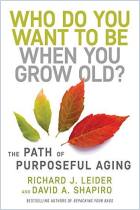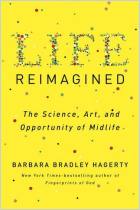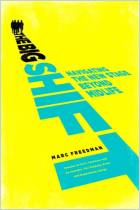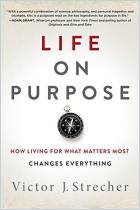Marc Agronin, a leading geriatric psychiatrist, provides a new way to think about the aging process. Describing the brain science of aging, Agronin explains how certain turning points encourage the elderly to shrink from life. He presents a pathway to resilience and explains why many older people choose to stagnate. Agronin shares a wealth of personal experiences and offers an action plan to help readers rethink old age. In a culture that idealizes youth, Agronin offers insights into what society loses by rejecting the possibilities that people continue to develop in old age. He helps you reconsider basic assumptions about aging and shows older readers how much more is left for them to do and discover.
Typical assumptions about aging have an unconscious but significant influence on how people actually age.
Science has no known cure for aging, and examples of longevity can defy explanation. Long-lived elders usually experience a combination of regular physical exercise; close communities and families; and diets focusing largely on fruits, vegetables and healthy oils. Their vigor and activity keep them engaged.
Many people argue against prolonging old age. Some make the moral argument that space is necessary for the next generation. Others point to the pain and discomfort of old age. Medical ethicist Ezekiel Emanuel wrote passionately in his article “Why I Hope to Die at 75” about the personal limitations of old age. He explained that “living too long is also a loss” because it concludes a vibrant life with a focus on pain. He proposes refusing medical treatment. With many in the 85-and-older population suffering from neurocognitive disorders, Emanuel’s repulsion for old age seems logical to many observers.
The stereotype embodiment theory describes how people internalize stereotypes about aging.
Psychologist...
Geriatric psychiatrist Marc Agronin, MD, is the author of How We Age. He is the senior vice president for Behavioral Health and the chief medical officer for MIND Institute at Miami Jewish Health.


















Comment on this summary or Start Discussion